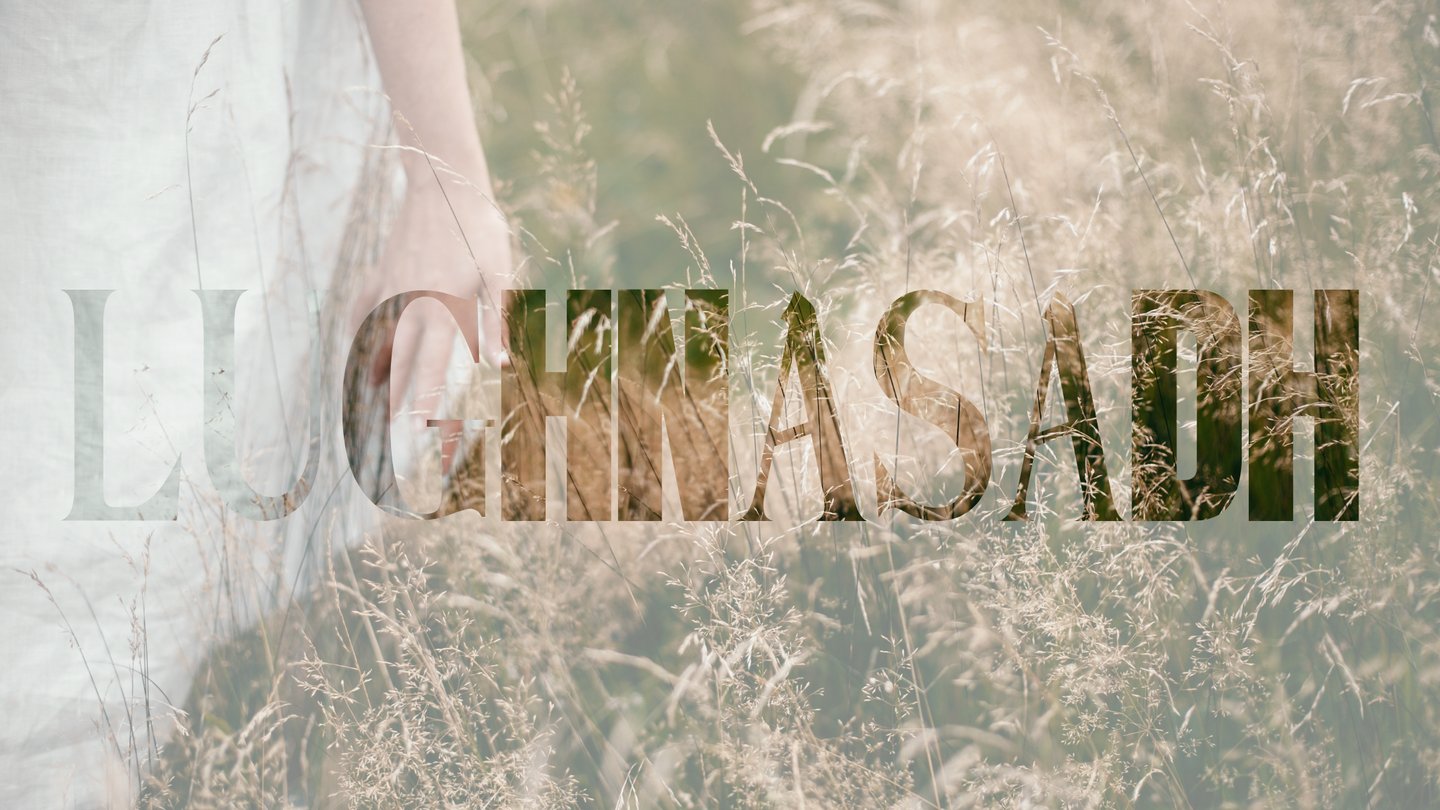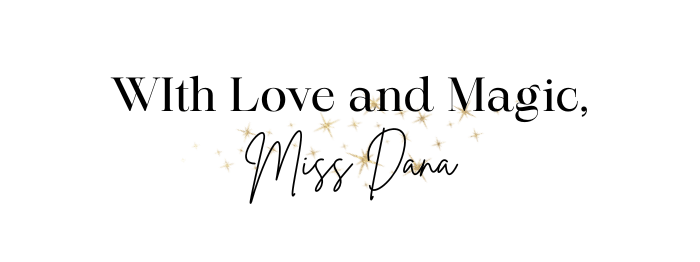The Origins and Practices of Lughnasadh
and How to Celebrate
As the Wheel of the Year turns once again, we arrive at Lughnasadh (pronounced LOO-nah-sah), also known as Lammas, the first of the three ancient harvest festivals. Celebrated on August 1st, Lughnasadh marks the beginning of the grain harvest and honors the sacred relationship between the land, its cycles, and our shared abundance.


Lughnasadh takes its name from the Celtic god Lugh, a deity of many talents: craftsman, warrior, poet, and king. According to Irish mythology, Lugh held this festival to honor his foster mother Tailtiu, who died from exhaustion after clearing the land for agriculture. In her memory, Lugh established games and gatherings to celebrate the fruits of the land and the labor of those who tend it.
Traditionally, communities would gather on high hills and sacred sites to hold games, feasts, and rituals of gratitude for the harvest. Bread was baked from the first grains, and offerings were made to the land and the gods for continued abundance.
Lughnasadh is a time of thanksgiving, transformation, and preparation as we begin to turn our awareness toward the darker half of the year.
Modern Practices of Lughnasadh


The Origins of Lughnasadh
Today, Lughnasadh is celebrated by pagans, witches, and nature-based spiritualists as a time to honor the gifts of the Earth and to reflect on personal harvests. Here are some meaningful ways to celebrate:
Bake Bread or Make Corn Dolls
Create something by hand using grains or corn husks. Bread represents the sustenance of the Earth and your gratitude for its blessings. Corn dolls symbolize abundance and protection.
Harvest Something (Physically or Symbolically)
If you have a garden, pick herbs, vegetables, or flowers. If not, consider what you’re "harvesting" in your life—goals achieved, wisdom gained, or personal growth.
Host a Feast or Picnic
Share seasonal foods with friends or family. Include fruits, grains, and late summer vegetables. Offer a portion of your meal to the Earth as a sacred offering.
Create an Altar of Gratitude
Adorn your altar with wheat stalks, sunflowers, fresh bread, apples, and symbols of Lugh like a sword or spear. Use orange, gold, and green colors to celebrate summer's bounty.
Write a Gratitude List
Reflect on what you’ve achieved this year so far. Honor your efforts and name what you are thankful for.
Offer to the Land
Spend time in nature. Collect trash, plant a tree, or simply say a blessing aloud to honor the spirit of the land that provides for you.
Lughnasadh Blessing
As the golden grains sway in the summer breeze, May your heart be full, your table blessed. May the light of Lugh guide your days, And the spirit of the harvest bring you rest.
Gratitude for what has been, Hope for what will come, And joy in the warmth of the sun.
Final Thoughts
Lughnasadh is a powerful reminder that life is cyclical, and everything we plant—whether seeds or dreams—has the potential to grow, ripen, and nourish us. As the days slowly shorten, this is the moment to pause, give thanks, and gather what the light has helped us create.
May your harvest be rich, your heart full, and your spirit aligned with the rhythm of the Earth.
Blessed Lughnasadh!
